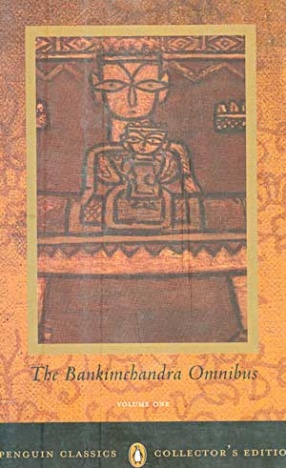Bestseller
Dharmatattva (1888)
Synopsis
Dharmatattva is Bankimchandra's final manifesto on religious and ethical ideals in the context of what are considered the essential truths of Hinduism. Although the work first appeared as a series of separate articles in a Bengali periodical published from Kolkata, Bankimchandra compiled these in 1888 into Dharmatattva in its present form. It is generally regarded as an important document in the development of Bankimchandra's ideas and in the history of Indian philosophy. In it, the author rationalizes Hindu thought and practice as influenced by the utilitarian and positivist philosophies of nineteenth-century Europe. Bankimchandra's exposition is set out in the form of a question-answer dialogue between a guru or Master and his disciple. The ideal of the human being, according to the Master, is humanism. The means to it is the culture of all human faculties. Each of these faculties must be subjected to a system of culture till it has reached its optimum level of development and rests in perfect equilibrium with the others. This state is the state of Bhakti or devotion. It is also the state where man is filled with universal love and stands in the greatest possible closeness to the Supreme Being. This is dharma or the highest ideal of personal conduct. To Bankimchandra, Lord Krishna is the epitome of humanism and the Bhagavad Gita the repository of all that is highest and best in Hindu religious thought. Apratim Ray's translation is careful and accurate, and Amiya P. Sen's substantive introduction outlines the general context of thought and ideas in which Dharmatattva was written and understood both then and today. This book will appeal to students of religion and philosophy and general readers interested in the development of Hindu thought in the nineteenth century.
Read more
27.00
24.3
$
30.00 $
Free delivery Wolrdwidе in 10-18 days
Ships in 1-2 days from New Delhi
Membership for 1 Year $35.00
Get it now and save 10%
Get it now and save 10%
BECOME A MEMBER
Books by the same author










Bibliographic information